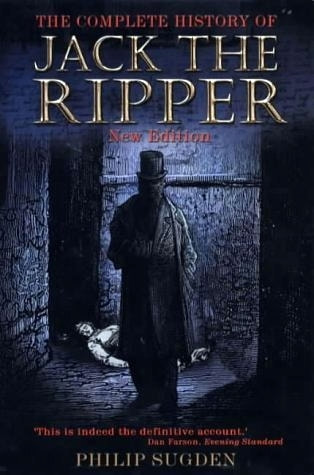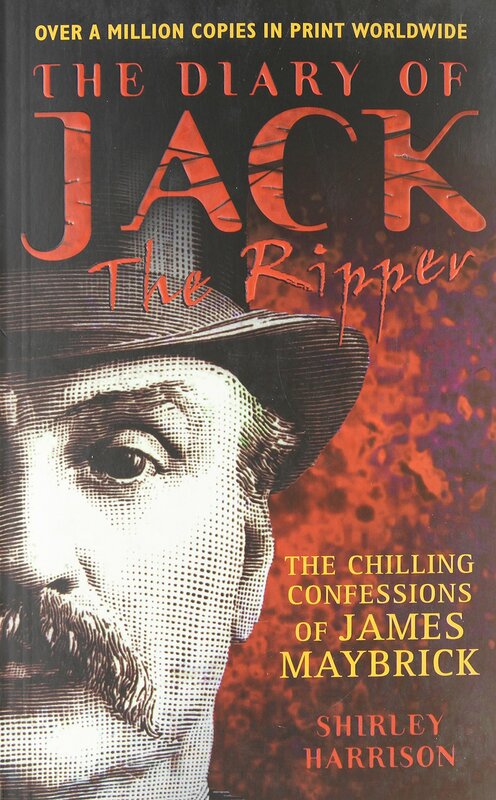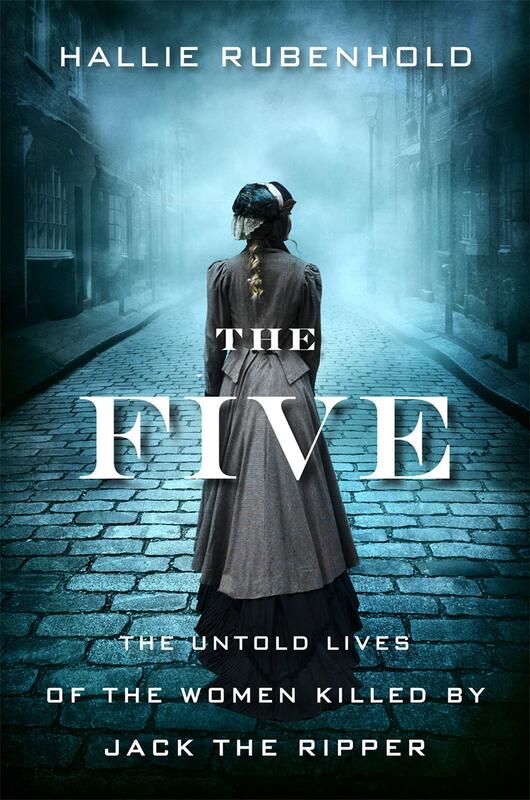|
What is History? To many it is the remembering and celebrating of important dates. To others, it might be the study of influential people in the past. However, History must be more than this. Historiography is the study of the methodologies and perspectives employed by Historians and it involves examining how and why historians have divergent perspectives on the same event or individual. In this sense, History can often be fluid and dynamic; the past is rarely fixed. For example, let’s look at Whitechapel, London in 1888. Jack the Ripper murdered five women and apparently left a series of letters taunting the London police and ridiculing their attempts to catch him. Simple enough, perhaps. However, historians have debated whether Jack actually murdered more than five women and whether the letters were actually from the killer. In Philip Sugden’s book, The Complete History of Jack the Ripper, he claims that many historians have actually invented detailed about the murders from incorrect research. Although he reaches a conclusion that the murderer was most likely to have been George Chapman, Sugden argues that an important reason for studying the Whitechapel murders involves more than identifying a serial killer. He argues that looking at living conditions in Whitechapel is of great value to Ripperologists. To Sugden, the socio-economic conditions and poverty of Whitechapel are of equal importance to, or at the very least heavily informing of, the study of the murders themselves. Sugden’s views were challenged in the early 1990s when a ‘startling’ discovery was made. Michael Barrett claimed to have found the diaries of Jack the Ripper, claiming that he had evidence to prove their validity and truth. Shirley Harrison’s book The Diary of Jack the Ripper claims to have been supported by scientists who date the diaries to the 1880s. Although Sugden challenged the diaries, it proves that 100 years after the Whitechapel murders, historical debate is still very much alive. Every historian has their own interpretation of the facts available, which is what makes studying History unique and exciting. Therefore, as interpretations of the murders continue to develop, the role of the historian becomes ever more crucial. Although the identity of Jack the Ripper is unlikely to be solved any time soon, the murders themselves and the historiography surrounding them are incredibly useful for highlighting the varying approaches to the collection and study of evidence. One recent publication of obvious note on the subject of the Whitechapel murders - and one which clearly demonstrates the need for renewed perspectives on history - is Hallie Rubenhold’s The Five, which examines the lives of the five female victims rather than attempting to solve the crimes. It is a remarkable book, and one that is vital in its refocusing of our historical lenses. Tim Love, Guest Contributor
@MrLove_History
0 Comments
Leave a Reply. |
Categories
All
Archives
April 2024
|



 RSS Feed
RSS Feed